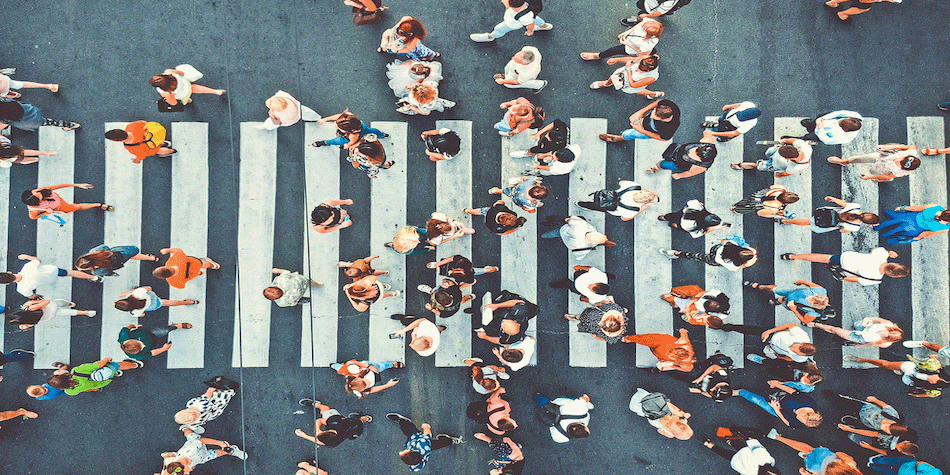Do you find yourself happily people watching for hours at a time? Are you a curious soul who’s interested in what makes people tick? Maybe even a big picture thinker?
If so, anthropology – the science of trying to understand humanity – could be your ticket to a diverse, possibly international, career.
Think of an anthropologist and you might think of the safari-suited Westerner of colonial times, who’d pop on a pith helmet and head to exotic lands.
‘There was that sort of National Geographic way of looking at people, only seeing them for their differences and making an object of them,’ says Dr David Giles, a lecturer in anthropology at Deakin University. Anthropology was often an attempt to address those prejudices.
Fortunately, he says, anthropology also encompasses much more than that.
‘People all around the world can kind of speak for themselves now,’ Dr Giles says. ‘The indigenous Indians of the Amazon have the internet; they can write their own blogs.’
So what is anthropology?
Choose to study anthropology and you’ll explore contemporary issues facing the human population including warfare, overpopulation and poverty, as well as complex social and cultural issues such as religion, family and political systems.
‘There’s lots of different kinds of anthropology and it’s all the one science. It’s the science of trying to understand who we are collectively,’ Dr Giles says.
If you’re interested in this line of study, focus on socio-cultural anthropology – understanding what culture is, and how it makes us who we are.
‘One of the catchphrases that I still love is that anthropology makes the strange familiar, and the familiar strange. We are all much stranger than we realise,’ he says.
Dr Giles says what passes for common sense to one person, or a group of people, is rarely universal. ‘That’s where cultural anthropology jumps in, and says we need to have a good grasp of the full range of ways of being a person in the world.’
Why is the study of anthropology important?
Dr Giles believes the study of anthropology is now more vital than ever.
Despite our vast, interconnected world, he says we all only have a “tiny, tiny piece of the puzzle”. This is where anthropological thinking comes in, in an attempt to identify the relationship between parts of a society, and society as a whole.
However, Dr Giles says we live in a time of competing truths, where political and economic received wisdoms are being contested.
One of the catchphrases that I still love is that anthropology makes the strange familiar, and the familiar strange. We are all much stranger than we realise.
Dr David Giles
Anthropology lecturer, School of Humanities and Social Sciences
‘It seems like everything’s up in the air right now. You can’t even have a common conversation about whether vaccinations are a good thing, or whether or not wearing masks is a good thing in the middle of a pandemic.
‘There’s so many different, really adamant, viewpoints. So we need to understand why people think like they do and what are the limitations of our own way of seeing.’
What job opportunities are there for anthropologists?
As a graduate, you could wind up anywhere from an archaeological site to the boardroom of a large corporation, with jobs in the areas of community relations, education, government departments, health, the media, research consultancies and welfare organisations.
While many relevant jobs might not include the word ‘anthropologist’, Dr Giles says graduates go on to do a whole bunch of things. ‘Marketing research is one, work in development in NGOs (non-profit organisations) around the world is another, or others work in developing tech.’
One of his peers worked at Boeing, helping the airline redesign their plane interiors. Another travelled to rural India and hung out with farmers on behalf of a tech company to find out whether a mobile phone design was suitable for their everyday needs.

